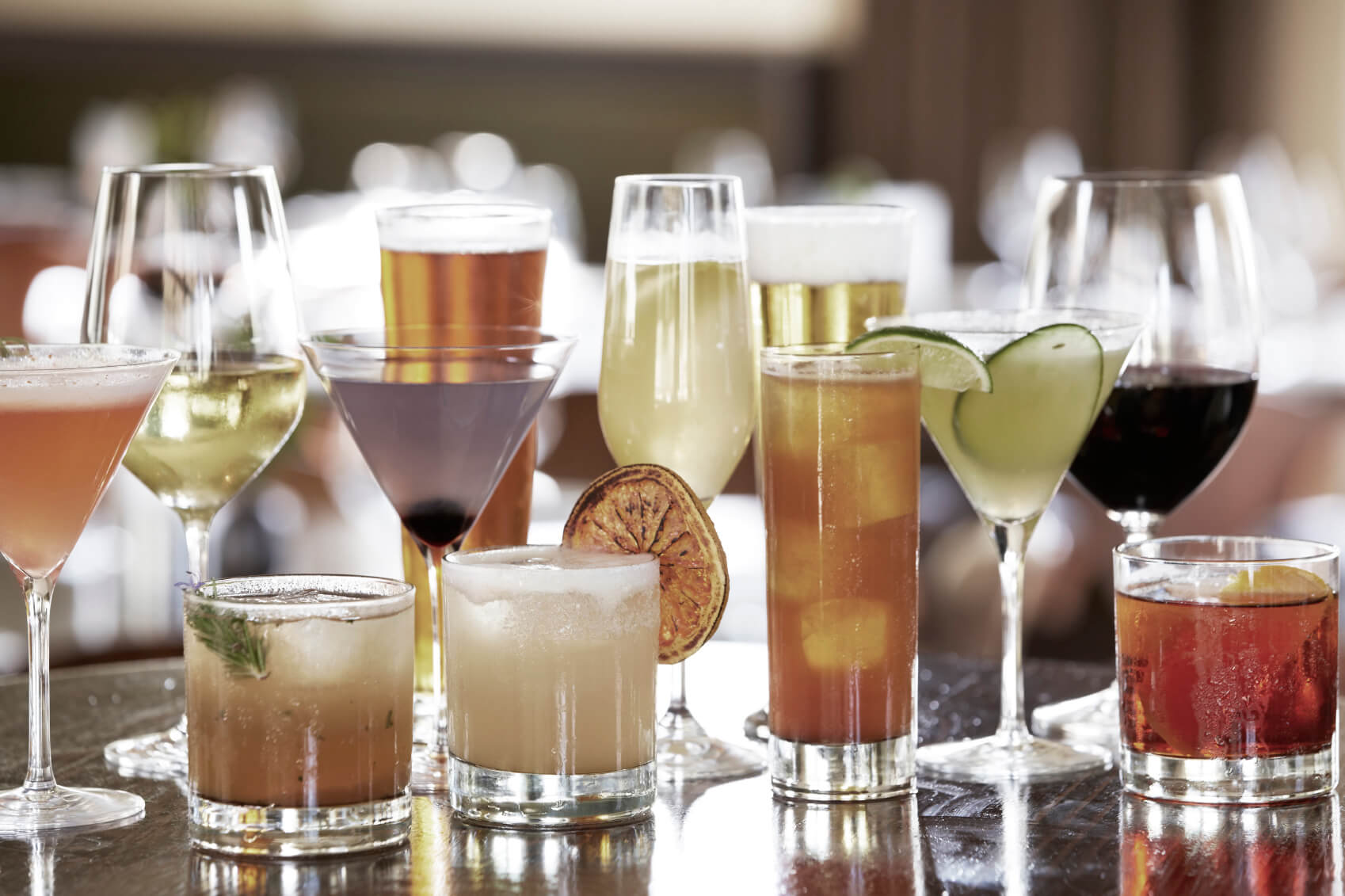Jet2.com has welcomed the new government-backed One Too Many campaign to crack down on excessive alcohol consumption in airports, but said the time for taking action to tackle the problem is “long overdue”.
The campaign is designed to remind passengers they can be denied boarding if they get intoxicated at an airport and fined up to £80,000 if a plane has to be diverted because of disruptive behaviour.
Aviation minister Lady Sugg has thrown her weight behind the initiative, saying it is an “important new step to ensure all passengers are aware of the consequences they face if they behave disruptively after drinking before or on board a flight”.
Jet2.com has also backed the campaign, but insisted more industry-wide action on this issue is still required.
For instance, it said sealed bags could prevent the illicit consumption of duty-free alcohol in the airport and onboard the aircraft, while more rigorous licensing standards could also be applied in airports.
Phil Ward, managing director of Jet2.com, stated that while his airline’s cabin crews are highly trained and do a “fantastic job in often difficult circumstances”, it is “unacceptable” that they must be left to manage the consequences of excessive alcohol consumption.
Furthermore, he said customers travelling on “well-earned” holidays should not be “subjected to this behaviour”.
Mr Ward went on to state disruptive passenger behaviour caused by drinking too much alcohol affects many airlines and stressed Jet2.com will “always support measures that ensure safe, disruption-free travel for our crew and customers”.
The One Too Many campaign is being run across social media and digital screen signage, leaflets and POS displays at airports including Manchester, Bristol, Birmingham, Gatwick and Newcastle.
Rafael Schvartzman, regional vice-president of the International Air Transport Association in Europe, pointed out that while disruptive passenger incidents remain “relatively rare”, they still rank in the top three concerns of cabin crew, with any incident being “one too many”.
He added that airlines have a zero-tolerance approach to unruly behaviour and cabin crew and passengers alike are entitled to a flight “free from disturbance and harassment”.
Alcohol purchases at airports are currently only required to be placed in sealed bags if a passenger is boarding multiple flights and therefore going through further security checks.
However, ministers are looking to crack down on intoxicated passengers who cause disruption during flights, and are considering extending the rule to apply to people only boarding a single flight.
Other options are also currently being looked at, such as a ban on passengers taking their own alcohol on board planes and tougher penalties for being drunk during a flight.
A consultation on the proposals is due to be launched in the autumn, with the government’s final plans then being published in early 2019.
This follows a recommendation from the House of Lords Select Committee that the Licensing Act 2003 be extended to airport bars, thereby giving greater powers to licensing authorities.
Robert Botkai, a partner at Winckworth Sherwood Solicitors, commented: “Airlines can already refuse to allow drunk passengers to board. My own personal experience (as a sober passenger) this summer is that the threshold to be considered drunk is a very high one.”



